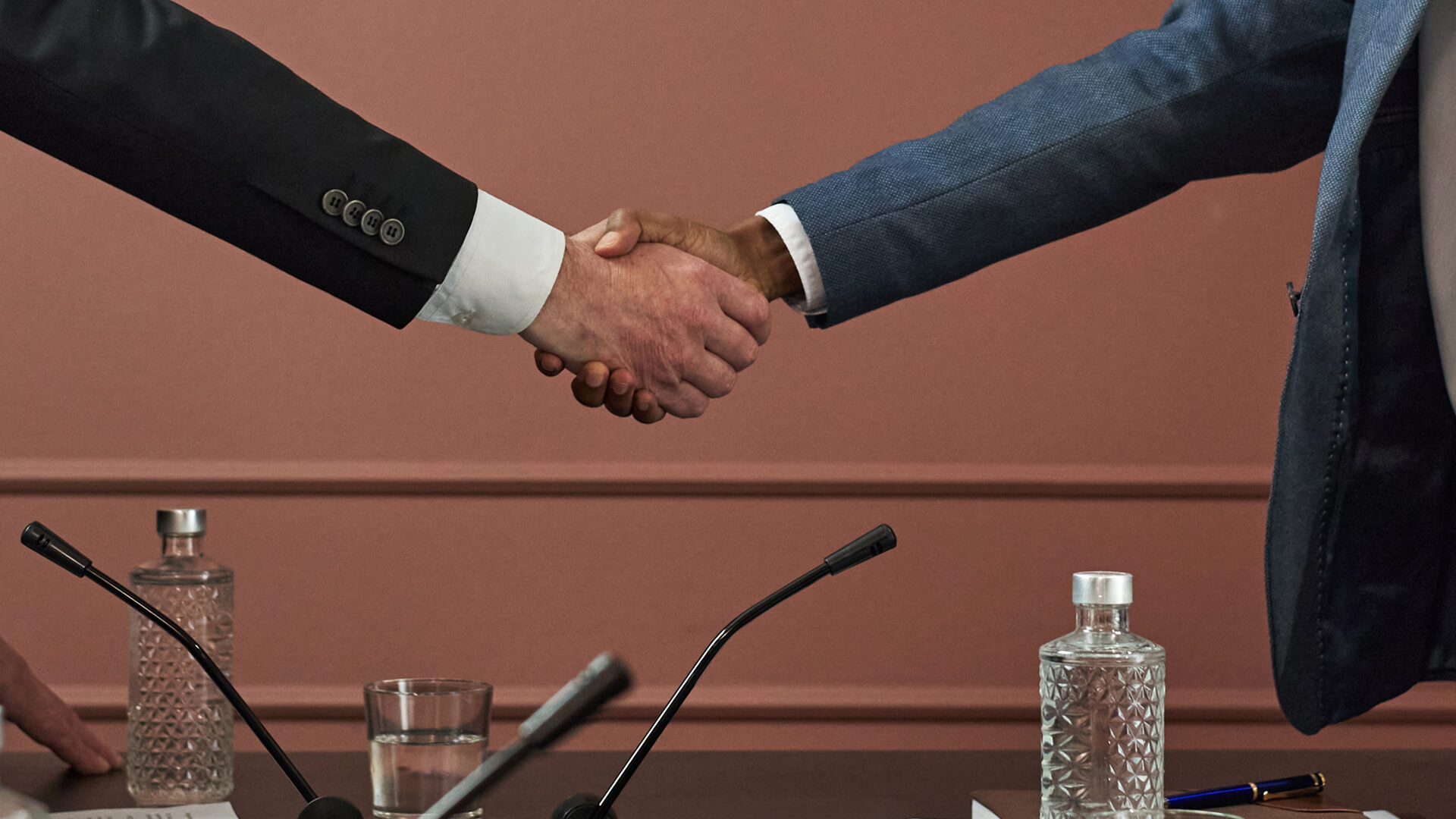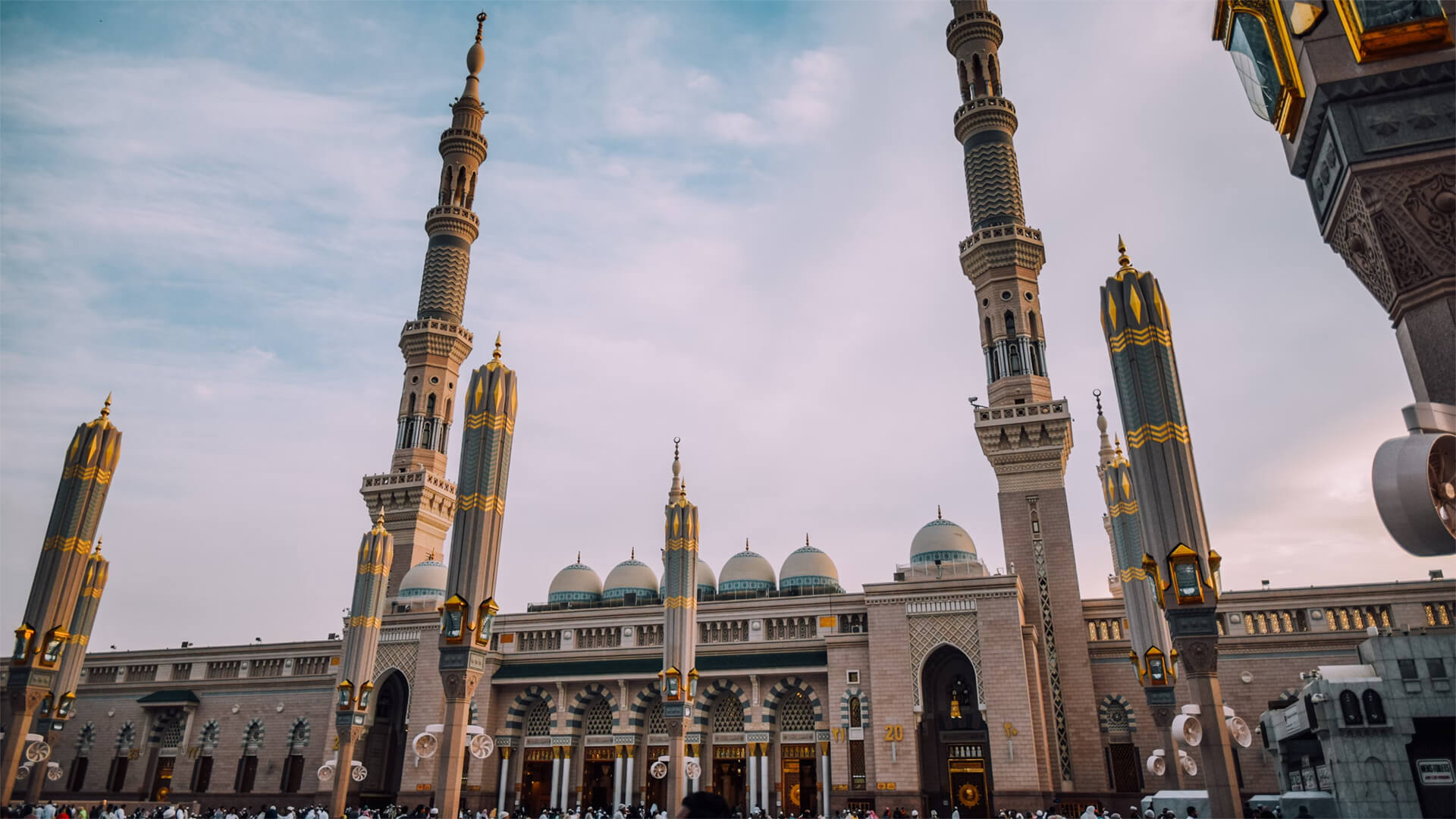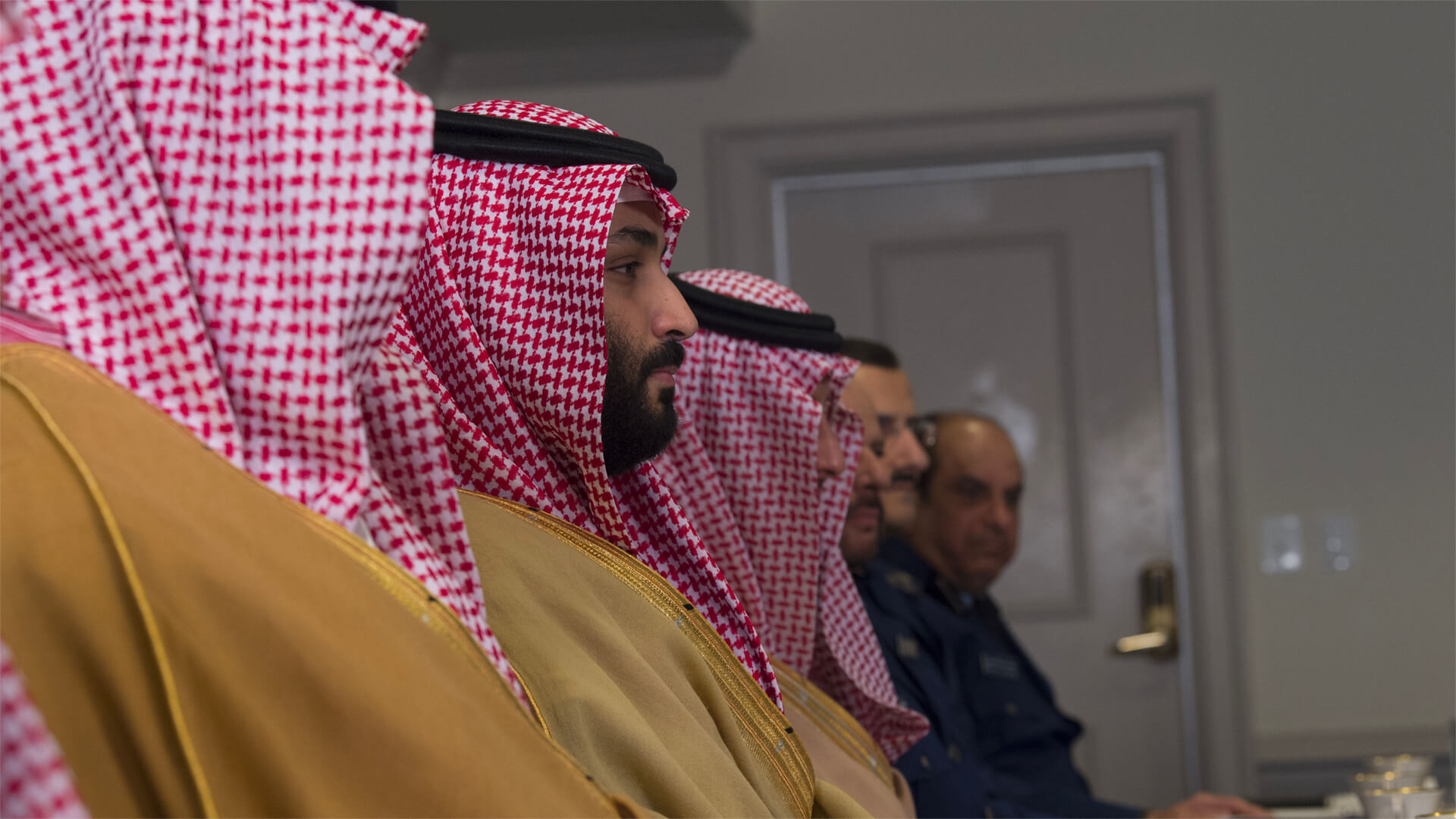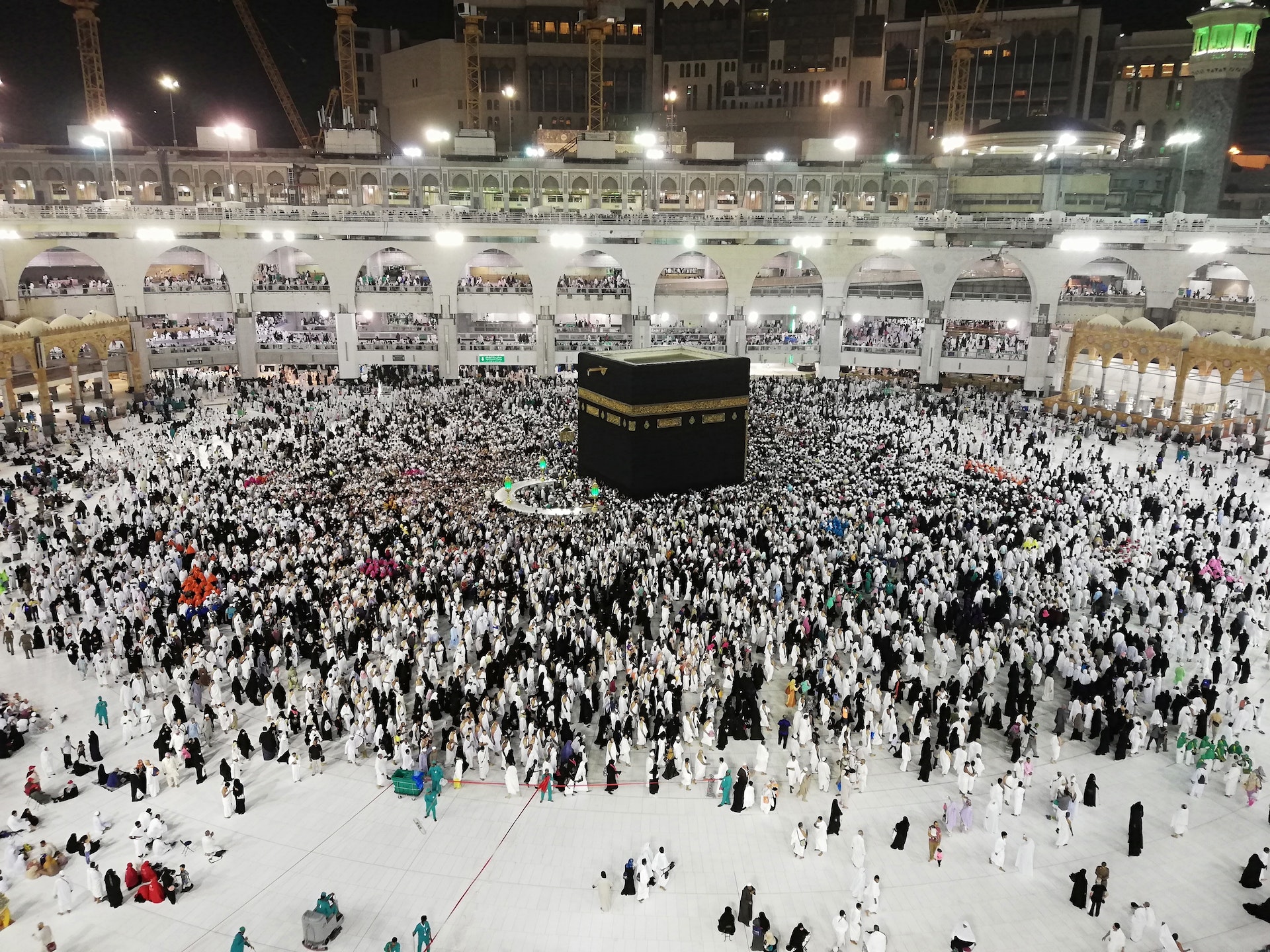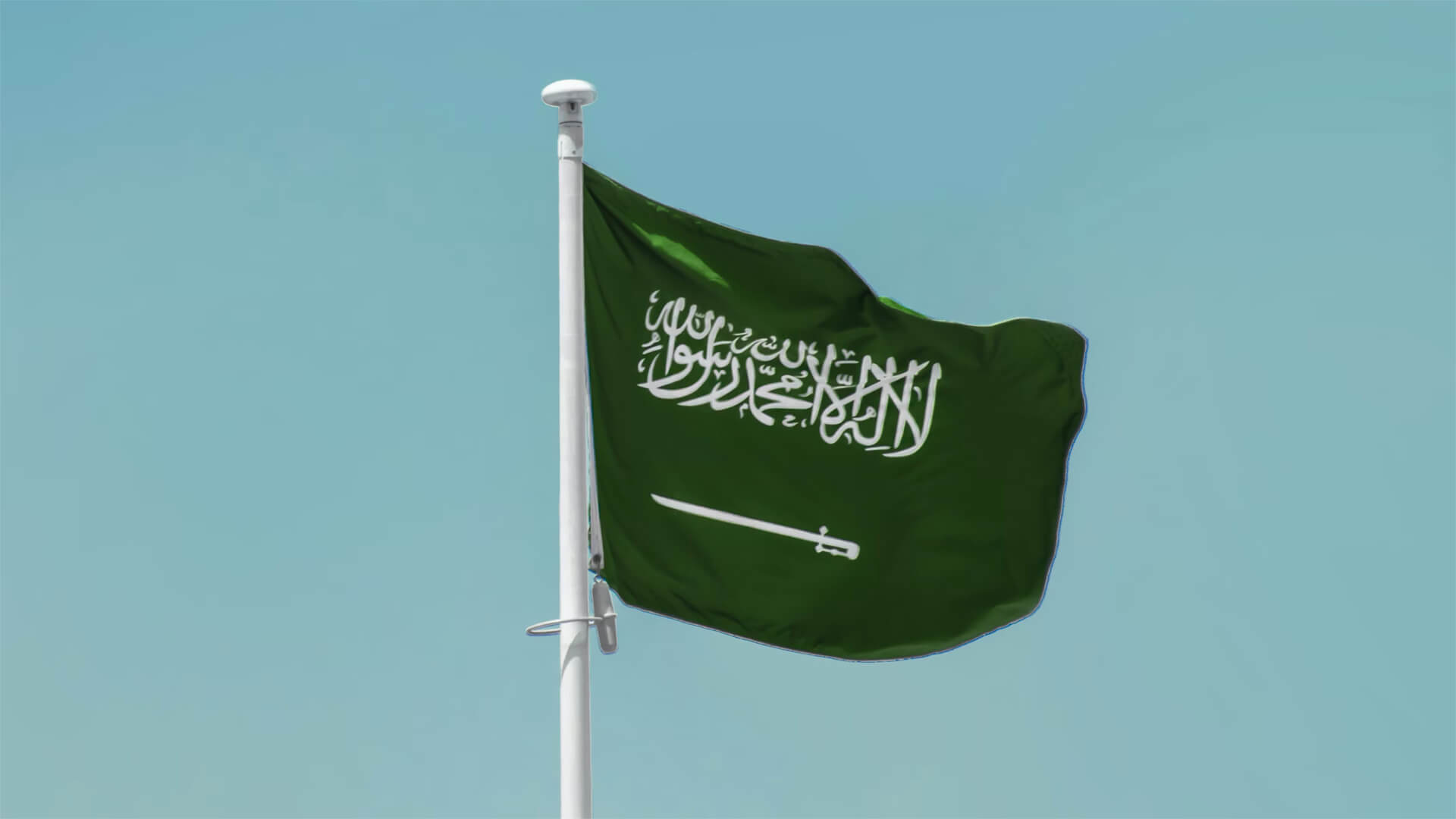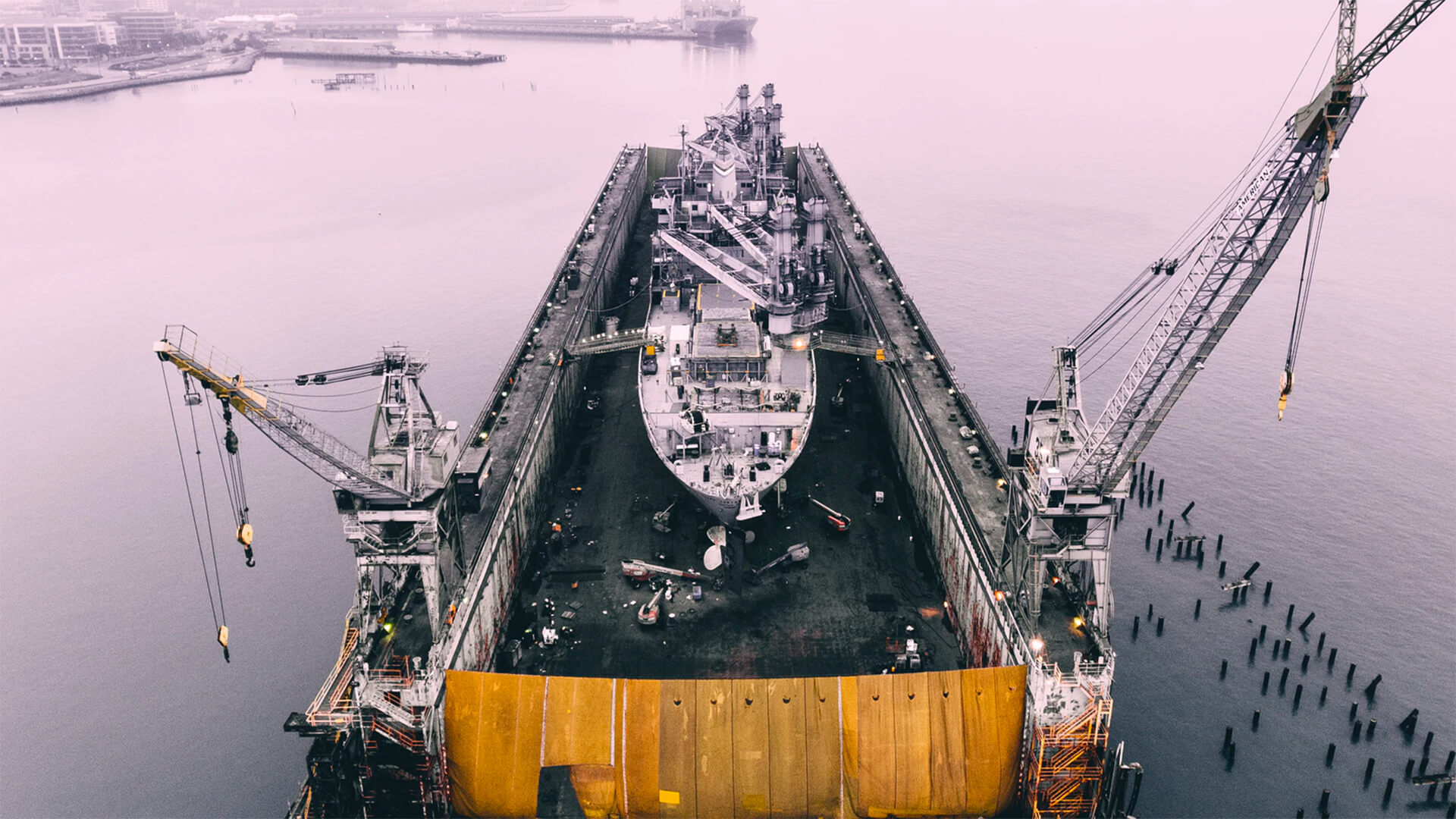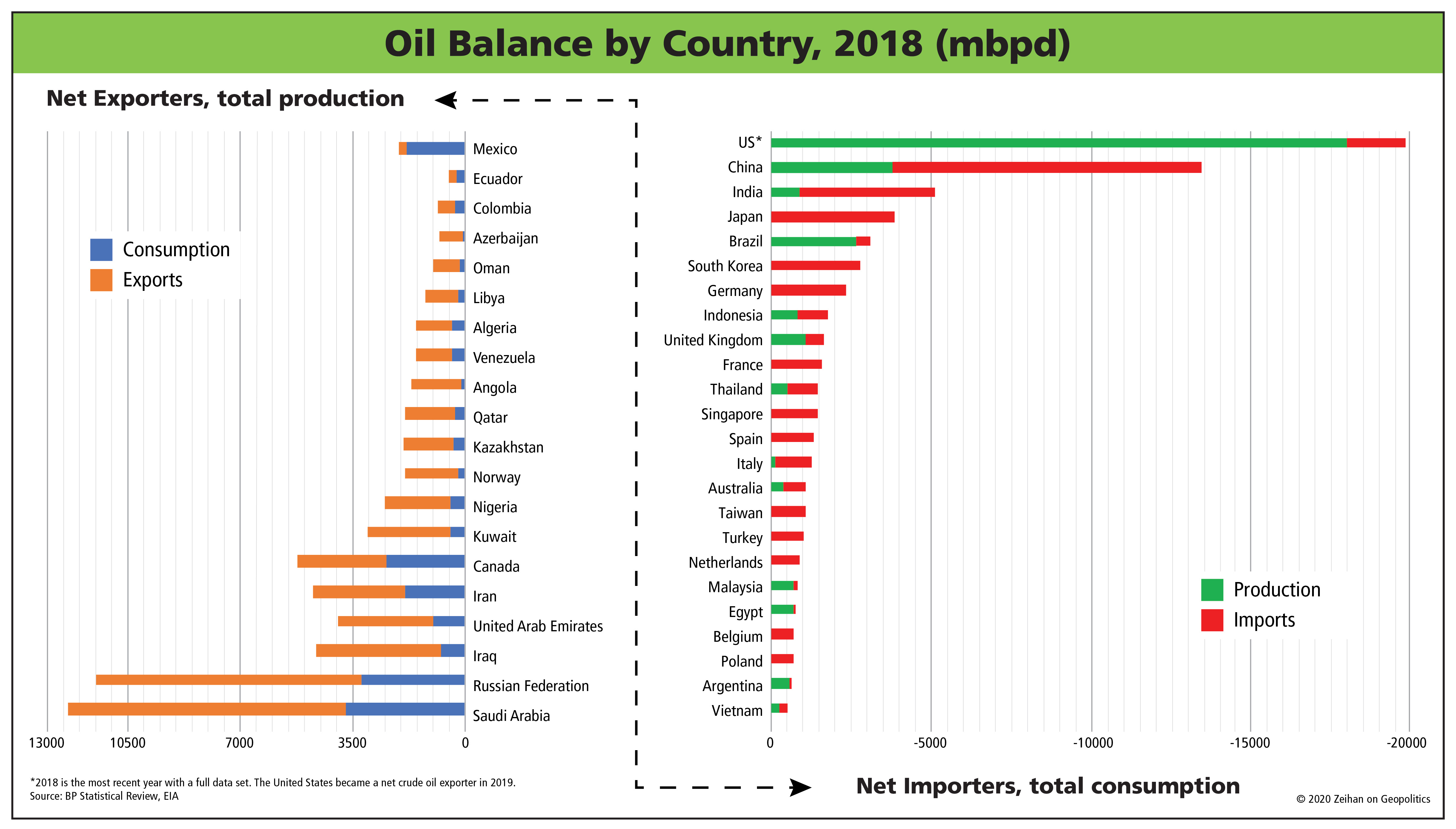Saudi Arabia and Pakistan signed a mutual defense treaty last week. And no, you’re not the only one thinking, “Hmmm, why would two countries with mismatched security concerns enter into a defense pact?”
The idea that Pakistan would ever launch a nuclear strike on Saudi Arabia’s behalf is far-fetched to say the least. However, buying some influence with a nuclear power and keeping a clear path to acquiring a nuclear weapon from the Pakistanis (should that need ever arise) isn’t the worst idea for the Saudis.
This pact is the first of its kind, breaking from post-WWII norms of only US-led “all for one” alliances. With the US pulling back on its security commitments, more of these pacts are likely to follow. This means we’re entering a period more reminiscent of pre-WWI commitments and alliances, and that should scare the s*** out of everybody.
Transcript
Hey, all. Peter Zeihan here. Coming to you from Colorado. Today we’re going to discuss something that happened on the 17th of September. The Saudi Arabians signed a mutual defense treaty with Pakistan. Now, these two countries do not border one another. And the countries that they consider their number one foes. In the case of Saudi Arabia, it’s Iran.
In the case of Pakistan, it’s India. Don’t line up. But they have basically tried to convince everybody that if somebody threatened Saudi Arabia that the Pakistanis will nuke them. Well, that would be interesting. A couple things to keep in mind here. Number one, in many ways, Saudi Arabia subsidizes the existence of Pakistan. They provide them with debt relief.
They provide them with below market prices, oil supplies, most people, myself included, has said that, to some degree, this is to ensure that at the end of the day, if Saudi Arabia really needs a nuclear weapon, that the Pakistanis will be open to the conversation of just selling them one. I don’t think that logic has changed, but the idea that Pakistan will just nukes someone on Saudi Arabia’s behalf.
That fits with the arrogance of Saudi society, especially the ruling House of Saud, probably does not match reality. Second thing to keep in mind is the relatively unprecedented nature of this. If you remember your history, you go back to World War One. Cross linking alliances of mutual defense were kind of the norm. And if somebody attacked country A and country, he had a alliance with country B, country B would then attack the attacker.
And that led to World War One being a lot nastier than it needed to be, because a lot of these countries had alliances with one another that they didn’t tell anyone about. So when the defense classes were activated, it was kind of a surprise to everybody. Italy definitely fell into that category since then, people take alliances a lot more seriously.
Number one, World War one sucked. No one had a good time. And number two, we are now in the nuclear age. So an attack on one on this attack on all has a lot more consequences. So in the world since 1945, when the Second World War ended, no countries have initiated or participated in any sort of all for one, one for all alliance, unless it was initiated by and headed by the United States, which remains the only country in the world that really has large scale global deployment capability.
Saudi Arabia can barely deploy within its own country, and Pakistan. Everything is obviously on the eastern side of the country, facing down India. Neither of them could get troops to the other in a situation where there was real shooting. So the idea that the first meaningful mutual defense pact with a nuclear angle is between two countries with non-overlapping security concerns.
I don’t find that very serious. And if nukes were not involved, I wouldn’t even bother talking about it. But nukes are involved, and the United States is getting out of the mutual security business. So places especially like Saudi Arabia that have money suddenly are looking for some alternatives, especially since just a few days ago, the Israelis launched missiles over Saudi Arabia to strike a different Arab country.
Gutter balling to that here. So you know what that is all about. So we should expect to see more and more things like this. And I’m not saying that any particular one of them is serious. What I’m saying is everyone is experiencing it with things that are new and that under normal circumstances, would just be tossed out out of hand.
We’re not in that world anymore, and we need to think a lot more about like, what things were like in World War one, when you might have a security deal that you don’t tell anyone about because behind the scenes it gives you some chits. It’s a very different system and one where wars will happen a lot more.

